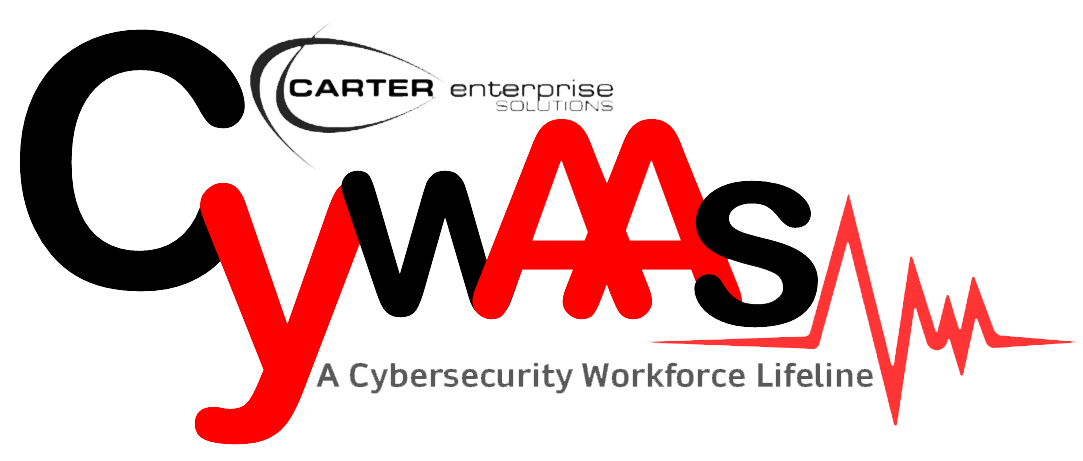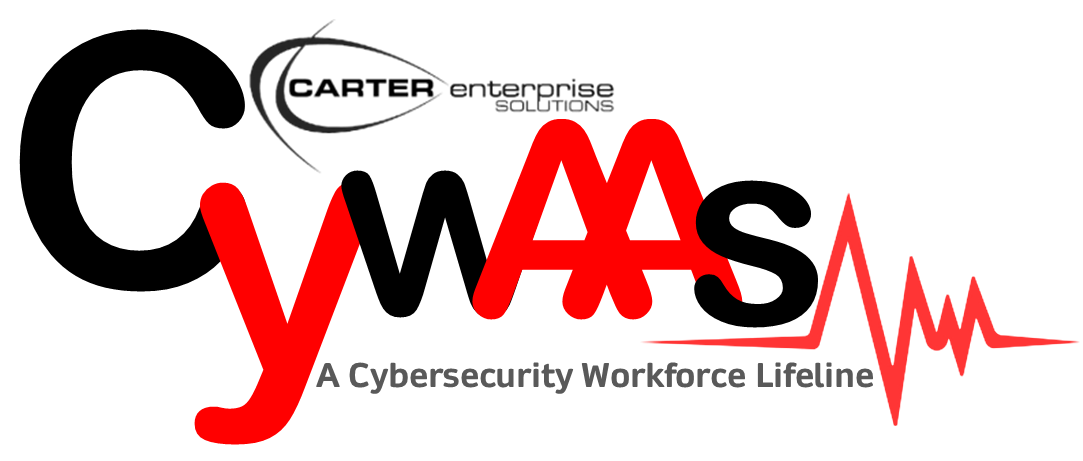Job Description:
We are seeking a talented and experienced Artificial Intelligence (AI) Security Engineer to join our team. The ideal candidate will have a strong background in cybersecurity, with expertise in designing, building, and implementing AI-driven security solutions. As an AI Security Engineer, you will play a key role in developing innovative AI-based security technologies to defend against cyber threats and ensure the security and integrity of our clients' systems and data.
Responsibilities:
- Design and develop AI-driven security solutions to detect, analyze, and mitigate cyber threats, including malware, phishing attacks, and insider threats.
- Utilize machine learning algorithms and techniques to identify patterns, anomalies, and indicators of compromise (IOCs) in security data and network traffic.
- Collaborate with cross-functional teams to define security requirements, develop use cases, and design AI-based security architectures and frameworks.
- Implement and integrate AI-driven security tools and systems into existing security infrastructure, including SIEM (Security Information and Event Management) platforms, endpoint security solutions, and network security appliances.
- Conduct research and experimentation to evaluate emerging AI technologies and methodologies for cybersecurity applications, and develop prototypes and proofs of concept (POCs) to demonstrate their effectiveness.
- Monitor and analyze security events and alerts generated by AI-driven security systems, investigate potential threats, and coordinate incident response activities.
- Stay updated on the latest advancements in AI, machine learning, and cybersecurity research, and apply them to enhance our AI-driven security capabilities and solutions.
- Provide technical expertise and guidance to clients and internal teams on leveraging AI for cybersecurity, including training, best practices, and implementation strategies.
- Bachelor's degree in Computer Science, Information Security, or related field. Advanced degree (Master's or Ph.D.) preferred.
- years of experience in cybersecurity, with a focus on artificial intelligence, machine learning, or data science.
- Proficiency in programming languages such as Python, R, or Java, and experience with AI/ML libraries and frameworks (e.g., TensorFlow, scikit-learn, PyTorch).
- Strong understanding of cybersecurity principles, technologies, and best practices, including threat intelligence, incident response, and security operations.
- Experience with data preprocessing, feature engineering, model training, and evaluation for cybersecurity applications.
- Excellent problem-solving skills, analytical thinking, and attention to detail.
- Strong communication and collaboration abilities, with the ability to work effectively in multidisciplinary teams and communicate complex technical concepts to non-technical stakeholders.
- Certified Information Systems Security Professional (CISSP)
- CompTIA Cybersecurity Analyst (CySA+)
- Certified Ethical Hacker (CEH)
- AWS Certified Security – Specialty
- Certified Information Security Manager (CISM)
- AI Model Security: Understanding of AI model security principles and techniques, including model watermarking, model integrity verification, and model robustness testing, can help protect AI models from adversarial attacks and unauthorized access.
- Federated Learning: Familiarity with federated learning concepts and methodologies, as well as experience with federated learning frameworks and platforms, can enable the development of privacy-preserving AI models that leverage decentralized data sources while preserving data privacy and confidentiality.
- Secure AI Model Deployment: Experience with secure model deployment techniques and practices, such as model encryption, secure model serving, and secure model update mechanisms, can ensure the integrity and confidentiality of AI models deployed in production environments.
- AI Explainability and Transparency: Knowledge of AI explainability techniques and tools, such as model interpretability methods and explainable AI (XAI) frameworks, can facilitate the understanding and interpretation of AI model predictions, enhancing transparency and trustworthiness in AI-driven security solutions.
- AI Ethics and Bias Mitigation: Awareness of ethical considerations and biases in AI algorithms and models, as well as experience with techniques for bias detection, mitigation, and fairness assessment, can help ensure that AI-driven security solutions uphold ethical standards and avoid unintended consequences.
- AI Governance and Compliance: Understanding of AI governance frameworks and compliance requirements, including data protection regulations and industry standards, can support the development and implementation of AI-driven security solutions that comply with legal and regulatory requirements.
- Blockchain Security: Familiarity with blockchain technology and its applications in cybersecurity, as well as experience with securing blockchain networks and smart contracts, can enable the development of AI-driven security solutions for blockchain-based systems and decentralized applications (DApps).
- Quantum Computing Security: Knowledge of quantum computing principles and their implications for cybersecurity, as well as experience with quantum-safe cryptography and post-quantum algorithms, can help prepare AI-driven security solutions for the future threat landscape posed by quantum computing.
- Incident Response Automation: Experience with security orchestration, automation, and response (SOAR) platforms and tools, as well as proficiency in developing AI-driven playbooks and workflows for incident response automation, can streamline incident detection, investigation, and remediation processes.
- Soft Skills: Strong interpersonal skills, teamwork, communication, and stakeholder management abilities are essential for effectively collaborating with cross-functional teams, understanding business requirements, and conveying technical concepts and recommendations to non-technical stakeholders.


